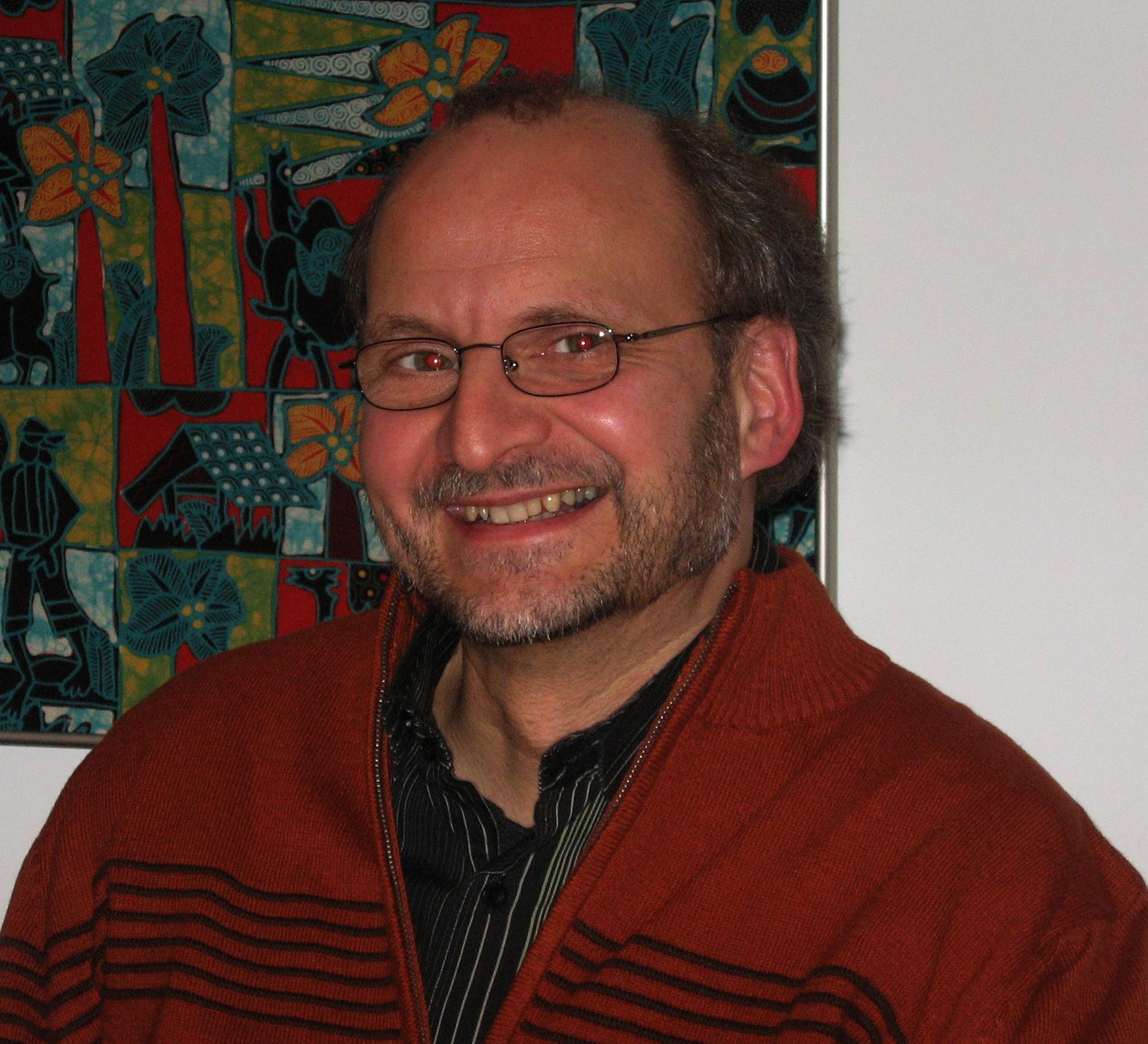Department of Mathematics
Mathematics Colloquium - Spring 2016
Wednesday, April 6th, 2016
3:00pm - 4:00pm, in McCormack 2-404
3:00pm - 4:00pm, in McCormack 2-404
Egon Schulte
Northeastern UniversityChirality in Polytopes
Abstract:
A geometric structure is called chiral if it cannot be
superimposed on its mirror images. We study chirality in polytopes,
both abstract and geometric. Abstract polytopes are ranked
combinatorial structures patterned after convex polytopes and their
combinatorics. The most highly symmetric polytopes are regular or
chiral. Regular polytopes have maximum reflexive combinatorial or
geometric symmetry and their automorphism group or symmetry group is
flag-transitive. Chiral polytopes only have maximum rotational
combinatorial or geometric symmetry and their automorphism group or
symmetry group has two flag-orbits represented by a pair of adjacent
flags. Regular polytopes have been well-studied and much work has been
done on their classification and their groups. By contrast, relatively
little is known about chirality of polytopes. We describe some of the
historical developments in this area and report about recent progress.
 |
Department of Mathematics University of Massachusetts Boston Phone: 617-287-6460; Fax: 617-287-6433 Information: math@umb.edu |
||
